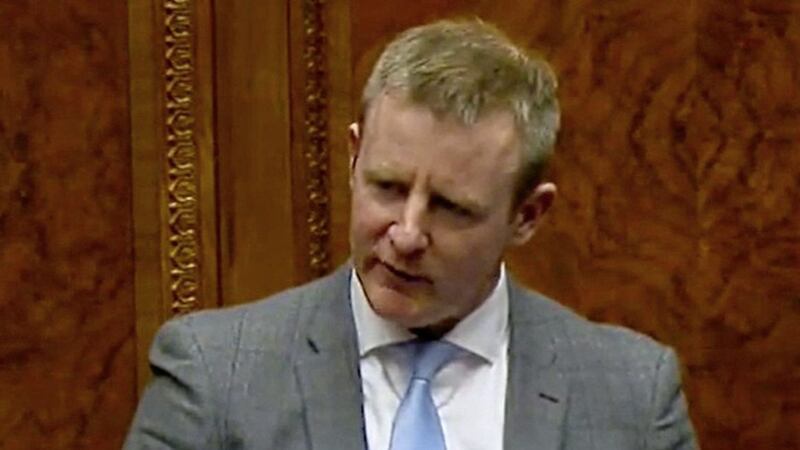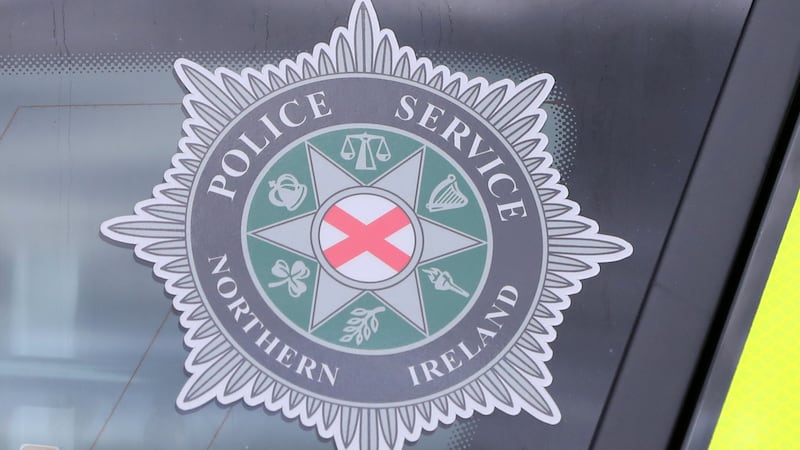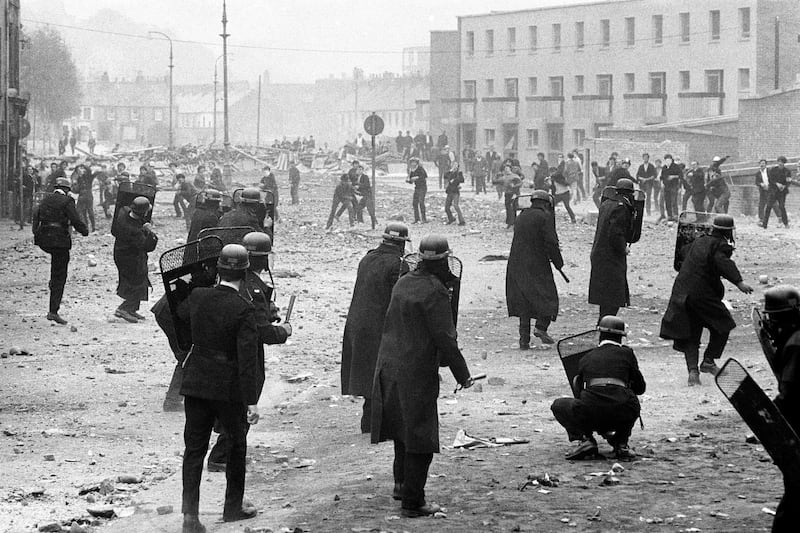BBC Northern Ireland has said that if sectarian chanting had been "heard or suspected" during coverage of the build-up to last week's Super Cup final then it would have likely resulted in a "different or separate report".
The publicly-funded broadcaster's formal response to a raft of complaints received about an item that appeared on Newsline on August 11 came as it was accused of an "even greater error" by failing to acknowledge and apologise for the clip.
The footage in question featured Chelsea supporters singing Neil Diamond's Sweet Caroline, a song adopted by Northern Ireland football fans, among others.
However, many viewers complained that the chorus was accompanied by chants of "F*** the Pope".
BBC NI faced widespread criticism for airing the clip and was urged to apologise.
Its response, posted online yesterday, said the report included footage of "some Chelsea fans who were singing ‘Sweet Caroline’ in a marquee with loud/distorting musical accompaniment".
"We had no reason to think that any of those featured had used sectarian or offensive language and this wasn’t something that we identified during the editing of this package, or its subsequent broadcast," the statement said.
The broadcaster said it responded immediately to viewers' concerns and had taken time to review the relevant audio track and sought "input from the staff involved".
"We took the view that the improvised chorus of ‘Sweet Caroline’ was indistinct (due to the acoustic of the marquee, the volume at which the music was being played and the fact that people weren’t singing in unison) but also that no sectarian or offensive language could be heard.
"This assessment was caveated on the basis that we couldn’t be sure that none of those present had used such language and it was for this reason that we decided not to re-run this package in later bulletins."
The broadcaster said it remained satisfied that "the words that have been attributed to Chelsea fans in this report are inaudible and that their use can only be inferred, rather than proven".
"And whilst we have been able to confirm that one person may have used/mouthed sectarian language, we can’t reasonably (or evidentially) extrapolate from that to say that anyone else was doing the same," it said.
BBC NI said there are no circumstances in which it would "knowingly, or casually, have broadcast offensive language in this context or time slot".
"If we had heard, or suspected, that our footage contained abusive comments about the Pope, (and by extension the Catholic Church and faith community), it would not have been broadcast in this way – and it’s likely that it would have led to a different, or separate report," it said.
The response concluded by stating that the broadcaster regretted "the upset that many people have described".
Radio Ulster presenter Stephen Nolan was yesterday challenged on air about the August 11 broadcast.
Asked by a caller to his morning radio show if he had seen the clip, he said he had looked at it "many times".
"It's the suggestion – if I hadn't read what other people were hearing from that, I wouldn't have heard those words," he said.
SDLP MLA Justin McNulty yesterday met BBC management in Belfast to discuss the controversy.
He said the BBC representatives "categorically stated that their production team did not see any evidence of sectarianism".
However, Mr McNulty said "they shared with me their regret that viewers have been offended by this incident".
"I am confident that the BBC would never knowingly or deliberately promote sectarianism, but in our meeting we fundamentally disagreed on the content of the coverage and the wisdom of broadcasting it," the Newry and Armagh representative said.
"Whilst I accept that the initial broadcast may have involved a genuine error, I believe it's an even greater error not to have swiftly moved to a wholesome apology."
Mr McNulty added that regardless of "fault or blame on the part of the BBC", a sporting song had been "sullied" by sectarianism.






